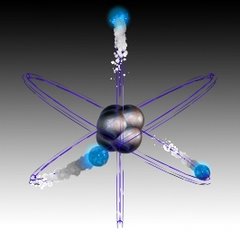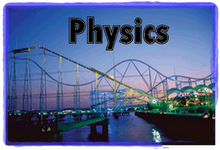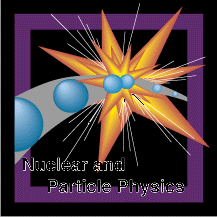Wikipedia.com defines the field of nursing as a profession focused on assisting individuals, families, and communities in attaining, re-attaining, and maintaining optimal health and functioning. Modern definitions of nursing define it as a science and an art that focuses on promoting quality of life as defined by persons and families, throughout their life experiences from birth to care at the end of life. Pretty tough huh? But you know what? We can’t do it alone. We can’t perform all our duties by our selves. Though Many nurses argue that nursing existed well before the inception of the concept of nursing theory and continues to exist despite many nurses knowing little about nursing theory. I believed that no one became a nurse in an instant, we still need to study all the principles and theories conncted to it and one of those are the principles of physics, this has a connection from my previous article. In my first article I defined Physics and Nursing and find a connection with these two words. I mentioned in my previous article that one thing that makes Physics and Nursing connected were the principles right? Now, let’s focus on these principles:
Archimede’s Principle(States that): The buoyant force on an object is equal to the weight of the fluid displaced by the object.Aufbau's Principle(Is): The electronic struture of atoms that follow the pattern of subshells (see Chemistry).Bernoulli’s Principle(States that): The pressure of a moving fluid or gas is inversely proportional to rate of flow or the velocity of the fluid or gas.Huygens’ Principle(States that): Every point on a propagating wavefront serves as the source of spherical secondary wavelets.Le Chatelier's Principle(If): A chemical system at equilibrium is disturbed, the system would adjust itself to minimize the effect of the disturbance. Mach's Principle:(Is): The idea that the inertia of an object depends on its relationship with all of the other mass in the universe.Pascal’s Principle(States that): A change in pressure at any point in an enclosed fluid under equilibrium conditions will be transmitted equally to all parts of the fluid.
Aahhh…too much for principles, those above, are just few of those many principles of physics, but you see these principles are very important in the field of nursing. Since physics is the understanding of the world around you and how it works. It is the most basic science. Physics allows you to think in a different way (out of the box), which in return makes you a better student and perhaps Nurse.
Physics apply to all aspects of life--any educated person should understand forces and the basics of how electricity flows and stuff like that. Perhaps most important, taking physics (or any applied or theoretical math course) teaches your brain to think in a certain logical manner. That kind of mental discipline is useful for all sorts of things from expressing logical arguments to diagnosing illnesses from diverse symptoms. In medicine, radiology and nuclear magnetic resonance are direct applications of more advanced physics. In experimental science, physics utilizes the scientific method to test hypotheses that are based on observation of the natural world. The goal of physics is to use the results of these experiments to formulate natural laws, usually expressed in the language of mathematics, which can then be used to predict other phenomena. And because physics predict other phenomena, it is very important for in the field of nursing, in medicine everything is unpredictable, we nurses also doctors cannot just anticipate what will happen next. New diseases just continue on developing and coming and without Physics who aims to seek for new things these new diseases will not be able to find it’s cure. Through Physics we are able to invent new machines in the field of medicine which are now used to cure the patients. Physics creates changes in the world of medicine and we nurses are very thankful for it.
Subscribe to:
Post Comments (Atom)




No comments:
Post a Comment